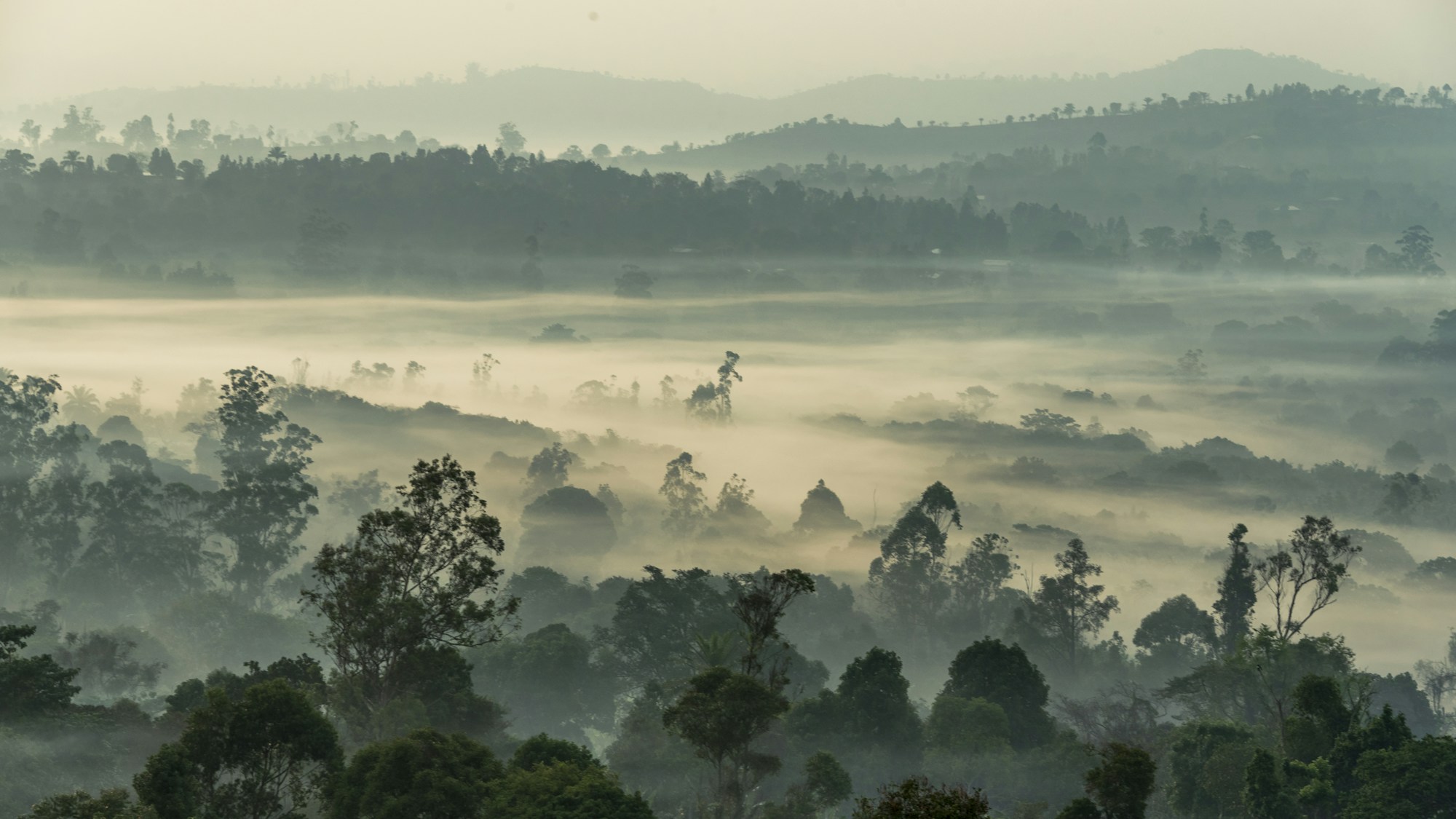Cultural Guide to Cameroon: History, Traditions, Festivals

Cultural Guide to Cameroon: History, Traditions, Festivals
Welcome to Cameroon, a country located in Central Africa that is rich in culture, history, and natural beauty. Situated between Nigeria to the west and the Central African Republic to the east, Cameroon is known for its diverse ethnic groups, lush landscapes, and vibrant traditions. In this cultural guide, we will delve into the history of Cameroon, explore its fascinating traditions, and highlight some of the vibrant festivals that take place throughout the year.
History
The history of Cameroon dates back thousands of years, with evidence of human habitation in the region since the Stone Age. The earliest known inhabitants were the Baka Pygmies, who still reside in the forests of Cameroon today. Over the centuries, various ethnic groups migrated to the area, including the Bantu, Fulani, and Bamoun people.
Colonization played a significant role in shaping Cameroon's history. The country was first colonized by the Portuguese in the 15th century but was later divided between the British and the French in the late 19th century. It wasn't until 1960 that Cameroon gained independence, becoming a republic with Ahmadou Ahidjo as its first president.
Since gaining independence, Cameroon has experienced periods of political stability and challenges. Despite these challenges, the country continues to preserve its rich cultural heritage and embrace its diverse ethnic groups.
Traditions
Cameroon is known for its vibrant traditions, which vary among its numerous ethnic groups. The country is home to over 200 distinct ethnic groups, each with its unique customs, languages, and art forms.
One of the most prominent traditions in Cameroon is the practice of traditional medicine. Many communities rely on traditional healers, known as "Ngangas," who use local plants and herbs to treat various ailments. Traditional medicine is deeply rooted in Cameroonian culture and is often intertwined with spiritual beliefs.
Another important aspect of Cameroonian culture is the art of storytelling. Storytelling plays a crucial role in passing down traditions, history, and moral values from one generation to the next. Griots, oral historians and musicians, are highly regarded in many communities for their ability to preserve and share these stories through music and poetry.
The art of weaving is also highly valued in Cameroon. Many ethnic groups, such as the Bamileke and Bamenda, are known for their intricate weaving techniques, producing beautiful textiles and basketry. These traditional crafts showcase the skill and creativity of Cameroon's artisans.
Festivals
Cameroon is known for its vibrant and colorful festivals that celebrate various aspects of the country's culture and traditions. These festivals provide a glimpse into the diverse ethnic groups and their unique customs.
One of the most famous festivals in Cameroon is the Ngondo Festival, celebrated by the Duala people in the coastal city of Douala. This week-long festival takes place in December and is a time for spiritual cleansing, ancestral worship, and cultural performances.
The Bamoun people celebrate the Nguon Festival, which honors the ancient kingdom of Foumban. During this festival, the king, or Sultant, showcases his royal regalia and performs traditional dances alongside his courtiers.
The Mboa Bikutsi Festival is another significant event in Cameroon. This music festival brings together various artists and musicians to celebrate the Bikutsi genre, which originated in Cameroon. Attendees can enjoy live performances, dance workshops, and immerse themselves in the vibrant music scene.
These are just a few examples of the many festivals that take place in Cameroon throughout the year. Each festival offers a unique cultural experience and an opportunity to connect with the traditions and customs of the country's diverse ethnic groups.
